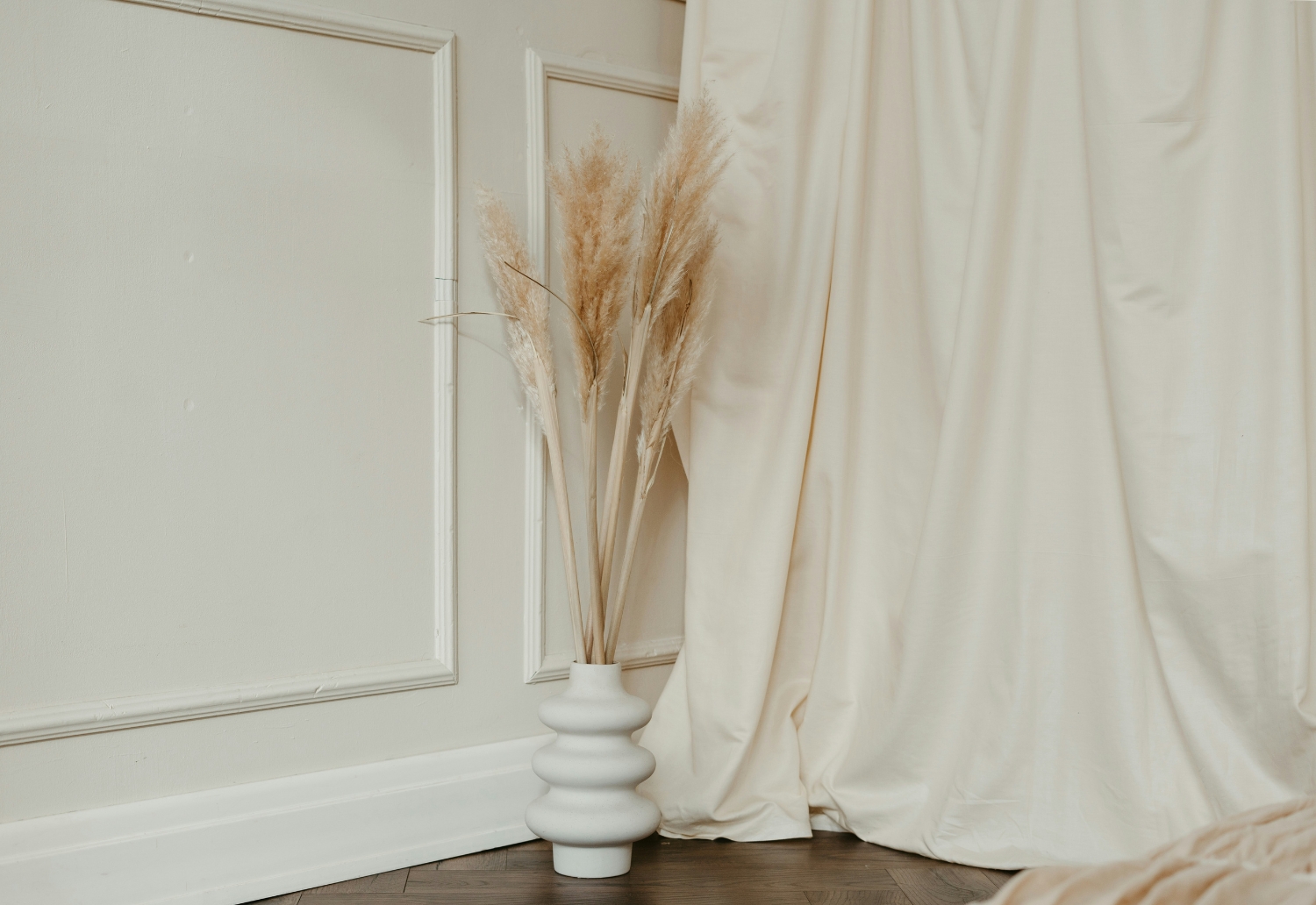What feminism means to me
July 4, 2025
Scroll Down

Somewhere along the way, feminist turned into a word people flinch at. Say it out loud and you can feel the air shift. Someone rolls their eyes, someone else sighs with a quiet, Oh, one of those.
I started thinking more deeply about what it really means after someone threw it at me like an insult. It didn’t sit right. And the more I sat with it, the more I realized: I’m actually proud to be a feminist — and to be perceived as one. But also... it’s strange, isn’t it? A word that’s really just about equality, dignity, and choice somehow got twisted into something shameful. Women who claim it get called angry, difficult, or too much. Men who claim it get laughed at or brushed aside. And some women avoid it altogether, not wanting to be lumped in with the “extremes.”
Sometimes feminism looks like anger, not blind rage but clear, old, justified anger at being told for centuries to stay small and polite. But it’s not only anger. It’s also play, wonder, deep breaths, space to be more than one thing at once.
It’s the true feminine too, not the watered-down version that says we should only be soft, sweet, and pretty. The real feminine is wild, fluid, and intuitive; the part that nurtures, protects, creates, and destroys if needed. The part that knows softness and ferocity live side by side.
Here’s something I don’t think we say enough: being a feminist doesn’t mean rejecting men, or women who want different things. It doesn’t mean you can’t lean on a man, let him hold the door, or let him pay for dinner if he wants to — or if you want him to. It doesn’t mean you can’t cook for him, nurture him, or soften with him. It doesn’t mean he can’t lean on you too, ask you to hold him when he’s tired, or rest in your strength.
It means you choose. Freely. Respect runs both ways. He can hold you, and you can hold him back. He can protect you, and you can stand up for him too. He can pay for you, and you can pay for him. Giving and receiving, different but equal. Nobody smaller. Nobody owned.
True balance isn’t about splitting everything exactly down the middle. It’s not always fifty-fifty. Some days it’s eighty-twenty, sometimes a quiet promise to carry more when the other can’t. It’s not measured by counting who did what, but by the trust underneath it. The energy that says I’ve got you. The current that runs both ways. It’s not about pretending we’re the same, but about knowing that difference doesn’t require dominance. That softness doesn’t make you weak, and strength doesn’t make you cruel. Real equality lives deeper than a checklist. It lives in the space where giving and receiving move freely, no debt, no score.
Feminism, at its best, is a return—a remembering. And yes, it’s also a refusal. A refusal to accept a world where one energy swallows the other.
The healthiest places, in us and between us, are where masculine and feminine meet as equals. Structure holds flow. Flow softens structure. Power becomes balance, not control.
When someone says I’m not a feminist while enjoying the right to work, vote, choose, leave, and speak, that’s basically a middle finger to the people who fought for those rights. Not out of cruelty, usually, but because they bought the lie. They accepted the old trick that feminist means angry, bitter, man-hating, ungrateful, so they shrug it off without asking who that story really serves.
Feminist. One word. Nothing to fear. Something to stand in, proud. A quiet coming home to what we’re here to build, together, different and equal, strong and soft, free to choose.

.jpg)



.jpg)







